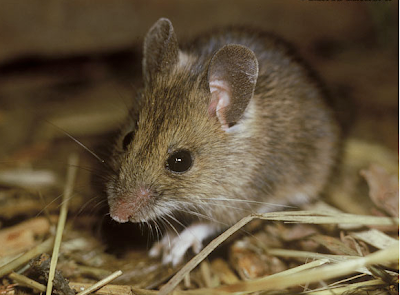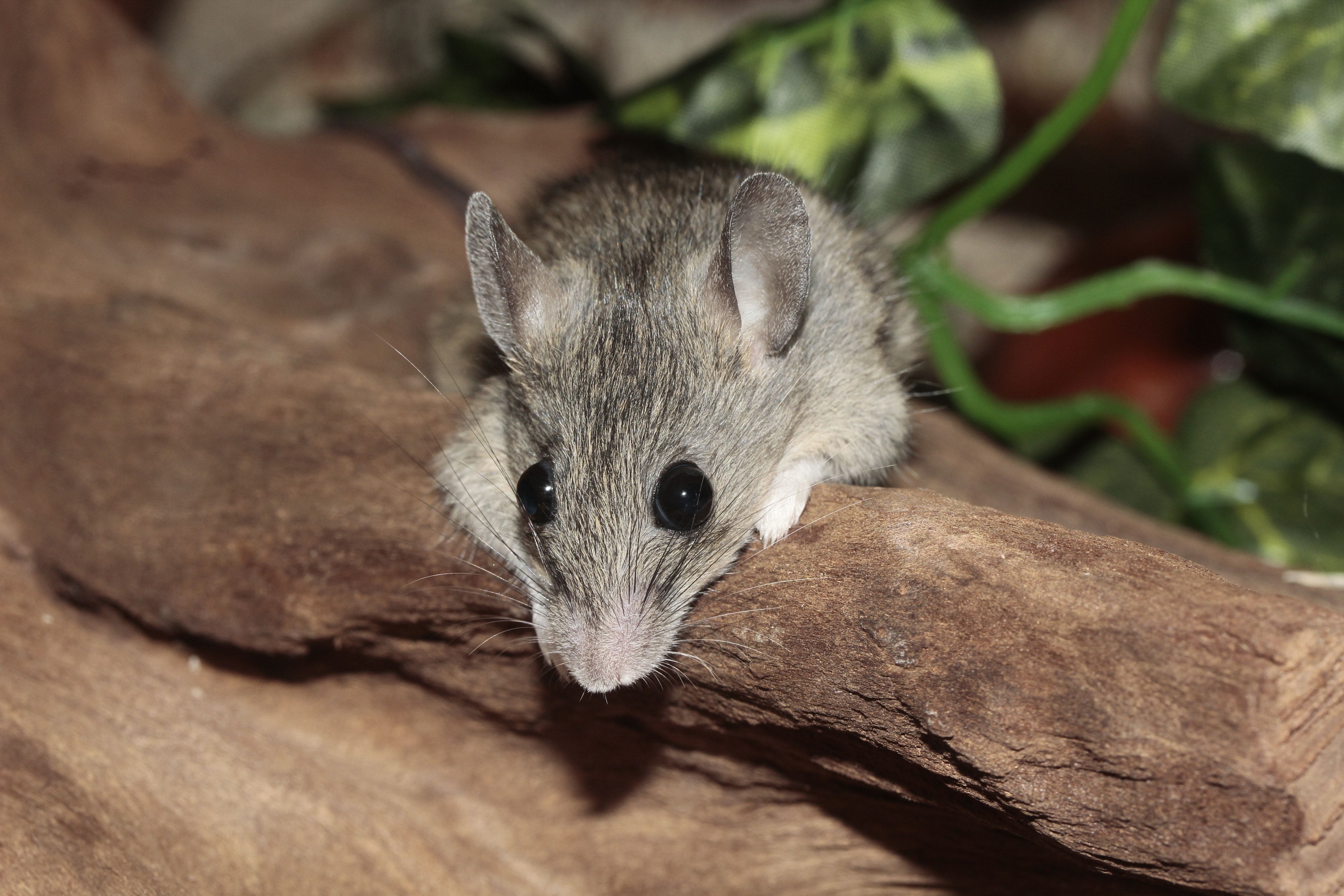
As long as the pests have access to food and water the only real threats to their survival are disease and humans or pets. Now that cooler fall weather has finally arrived many mice are looking for a protected place to spend the winter and our warm homes present the perfect habitat.

Females are does males are bucks and babies are called pinkies because of their bright pink color.
How long can mice live in a house. House mice have adapted to thrive around humans. Inside a house that provides shelter and plenty of crumbs or stored goods the average lifespan of a mouse is about two years. As long as the pests have access to food and water the only real threats to their survival are disease and humans or pets.
How long do mice live. House mouse Mus musculus 9-12 months Deer mice Peromyscus maniculatus 2-14 months White-footed mouse Peromyscus leucopus- 12-24 months. A house mouse will rarely live more than a year in the wild but in a protected environment with food and water such as a house it can live up to three years.
Continue to 5 of 12 below. Sometime within the subsequent 6 weeks this mouse returned to the house from the 1000-m release point and then from 750 m and 1200 m away on consecutive days within our 3-day trapping period. Each of the mice returning to the house did so within 24 hours of release two as few as 6 hours after release from 500 m and 750 m away.
Inspect the perimeter of your home and seal any holes or cracks larger than one-fourth of an inch. Trim ivy and tree branches away from your house to help reduce easy access. Store woodpiles or stacks of debris well away from your house to help eliminate potential shelters.
Ticks in the larval nymph and adult stages can live for varying lengths of time without a blood mealsome for frighteningly long periods. American dog ticks for example a variety of tick that is common in North America and which feeds on not just dogs but also humans cattle and other animals can live for up to two years without a host. Mice may be cute and cuddly but the diseases they spread are not.
They also carry harmful bacteria in their fur and in their bellies from crawling in dumpsters sewers compost or. If you see one mouse there are definitely others hiding somewhere in your home. Simply put if one mouse can find a way in others can and will.
Generally once a week has passed without a sighting of droppings you should be in the clear. You can spread flour or talc in the areas where you saw mice to test if theyre gone note. You must use odorless talc because mice will avoid the smell.
If theres no evidence of tiny footprints you should be rodent-free. How do I keep mice away. And just like the breeding output increases if a mouse takes refuge in your home so does the length of their life.
While the average mouse lifespan is only about 12 months outdoors indoors this number can climb to 2 to 3 years. This is because indoors mice arent exposed to harsh environments or natural predators. But exactly how long do mice live.
The lifespan of a mouse does vary depending on the species. Below are a few lifespan averages for some of the most common mouse species in the Western United States. House mouse Mus musculus 9-12 months.
Locate all of your heat registers. In two-story houses they are often in the ground on the lower level and in the ceiling in the upper level. Set traps using the directions on the packaging.
Remove each register and place a set trap inside. Proper placement of the trap is essential. Mice have fine whiskers that run the length of their bodies.
Mice have unusual names. Females are does males are bucks and babies are called pinkies because of their bright pink color. Baby mice are also called pups.
Pet mice can live up to six years. Now that cooler fall weather has finally arrived many mice are looking for a protected place to spend the winter and our warm homes present the perfect habitat. Mice are often one of the biggest pest concerns indoors because they eat and contaminate food items cause damage to homes and carry some diseases that are transmissible to people.
No home ever has just one mouse and dont be fooled into thinking otherwise. Mice can breed year-round with one female able to produce five to. The Poop on House Mice.
TUESDAY April 17 2018 HealthDay News – House mice are ubiquitous in New York City and. Mice and Diseases. Property damage and food damage are some of the primary reasons to rid your home of rodents but in addition to that they can bring fleas ticks and worms inside.
Ticks from mice can infect humans with Lyme disease and bacteria mice carry can contaminate food preparation areas in your kitchen with salmonella.